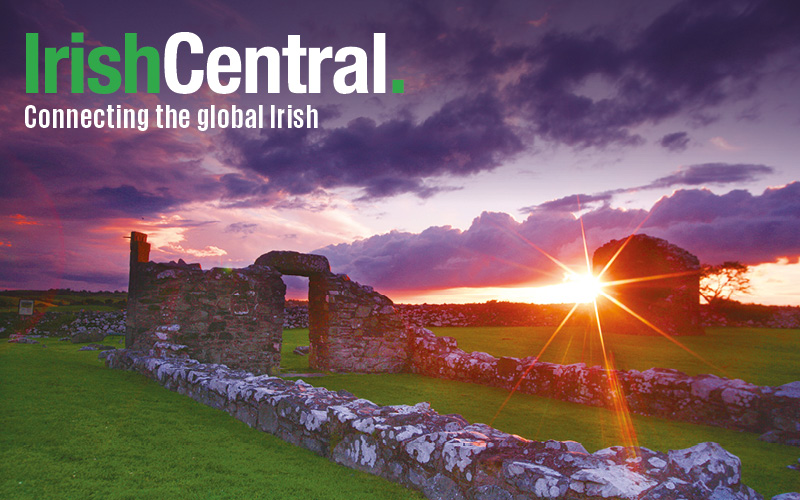An article in this week's issue of Time magazine reports on how the Claremont School of Theology, formerly offering training for only Methodist seminarians, is transforming itself into an interfaith institution and will offer programs to train Jewish rabbis and Muslim imams alongside Christian ministers. The school made this leap because its enrollment was foundering, and two years into the experiment, enrollment has increased. While the ultimate success of the program will depend on how well its graduates are regarded and whether or not people continue to enroll, the fact that it has existed for two years tells us something - that understanding other religions does not have to dim the belief in one's own.
A family friend of mine once told her young daughter, when she asked if there were other religions in the world aside from Catholicism, that there were not. She was young enough to accept this answer, and thought for who knows how long that everyone in the world was Catholic. A few generations ago, this myth might have been believable. It was common for Americans, especially immigrants, to live, work, and play with others of the same religion. My father and his 8 Irish Catholic siblings grew up in a neighborhood full of other big Irish Catholic families. While communities like this still exist, it becomes increasingly unlikely for children to grow up without any interaction with other faiths, and so it becomes increasingly important that children (and adults) get the tools they need to develop respectful, thoughtful relationships with these people.
So what would happen, I wonder, if a Catholic seminary took a cue from the interfaith camp and invited other religions to study under the same roof? It might produce a greater understanding of how the world's religions fit together. It might only create confusion and water down the mission of a seminary, which is to train Catholic priests. It might be too much of an extreme step, but a step in that general direction doesn't sound like a bad idea.
"Interfaith dialogue" is a buzzword phrase that means little to those not ensconced in a university, and all the education and tolerance gained through seminars and conferences doesn't easily trickle down to the masses. CCD classes should bring in rabbis and imams and ministers and monks to tell the kids what their religions are about; parents should offer to take their kids to other religious meetings and answer all of their questions openly. It's no longer possible to raise Catholic children by method of exclusion. With all the information available to kids these days, there is no way that they will believe for very long that Catholicism is the only valid religion in the world - unless Catholics start living on self-sustaining compounds and excluding the outside world, which is highly unlikely given that Catholics are urged to get out into the world and help people.
The ongoing controversy over the Islamic cultural center in lower Manhattan (incorrectly dubbed the "Ground Zero Mosque" by zealots and the mainstream media) is a sad reminder that smart, educated, understanding people can be swept up by ignorance and intolerance. Most people in this country - and I count myself among them, though I do my best to learn - don't know very much about the religion of Islam. That can change. Catholics, historically at the forefront of higher education and the promotion of learning, should set an example for other religions by extending sincere and systematic efforts to teach its followers the truth about these other religions.




Comments